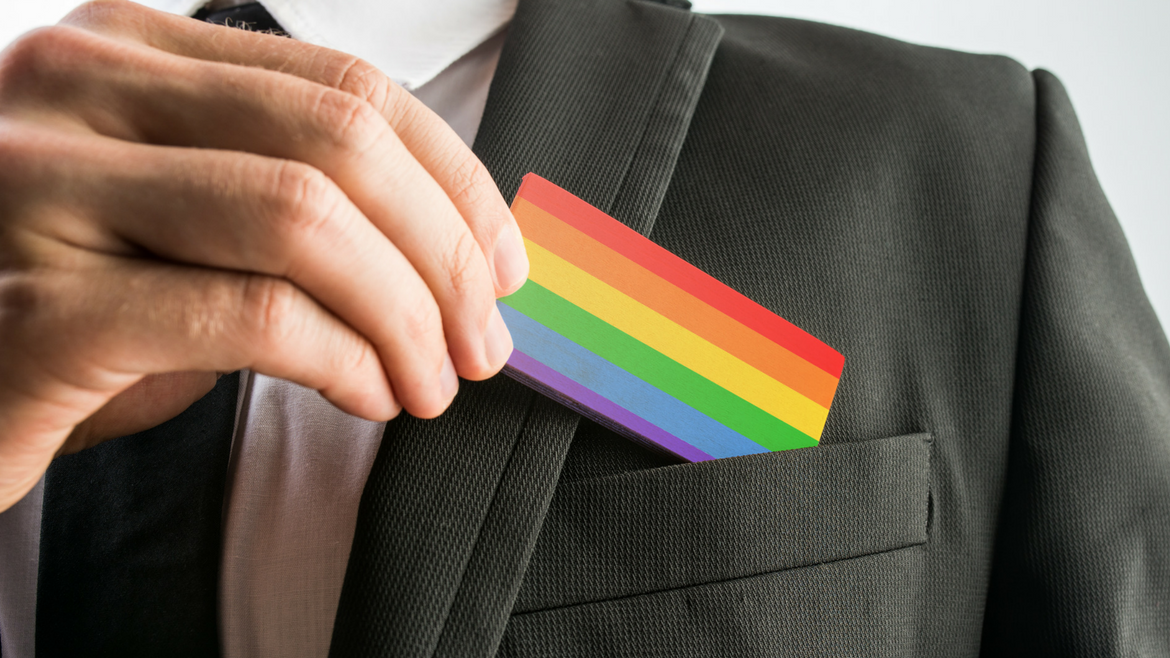Amid the rise in right-wing populist movements across the Western world, one perennial whipping boy has been relatively absent: the LGBT community. While liberals fret over trade wars, warn of environmental disaster and lament the degradation of human rights in multiple contexts, the outlook for LGBT rights has not darkened as significantly as many feared it would. Setbacks do and will still occur; the transgender community remains particularly vulnerable. Much of the world has yet to reach the West’s level of acceptance. But in many places, being openly LGBT is still easier than it once was.
In The Economist Intelligence Unit’s recent report, Pride and Prejudice: Agents of change, to be launched on March 23, 2017, at The Economist's Pride and Prejudice event, we explore the advancement in LGBT diversity and inclusion via three key groups: influential advocates in leadership positions, young people and women. Their central role in the debate applies as much to the workplace as it does to society overall. By focusing on the specific groups best positioned to effect positive change for LGBT people, resources can be more efficiently deployed and the discussion sharpened to reach the eyes and ears of these cohorts.
Why these three? The EIU’s previous work on this topic hinted at the role these employees play: for example, 63% of respondents in last year’s survey cited management (C-suite and senior managers) as those who can most influence LGBT workplace advancement. Women and young people were more likely to agree than their male and older counterparts that the business world has a fundamental imperative to drive change around LGBT diversity and inclusion. These findings served as the framework for this year’s survey, which delved deeper into the attitudes and opinions of these groups and explored the underlying reasons for them.
Those at the top of the ladder occupy perhaps the most complex position in the discussion. When asked which cohort guides company thinking around LGBT diversity and inclusion in the workplace, our survey respondents ranked C-suite/leadership a close second, after young people. Far fewer respondents—only about one in six—believe they are most eager to support said diversity. Yet among C-suite or board members themselves, one in three believes that broader company leadership is more eager than others to support LGBT diversity and inclusion in the workplace. This suggests there’s a disconcerting disconnect between the top and bottom of the corporate pyramid on this issue.
This matters because young people and women—two groups which, according to our survey at least, are more likely to occupy the lower rungs—want to see their values reflected in the workplace and their voices heard by those in power. Increasingly, those values incorporate support for all forms of diversity, including that surrounding sexual orientation and gender identity. Young people, influenced by global pop culture and connected to each other via social media, are more receptive to difference than their elders; women, themselves an oppressed minority, share a natural affinity with LGBT people. Their struggle can inform the march of progress for others facing discrimination, and can open doors of tolerance in the workplace and beyond.
LGBT people may still be waiting for the tide of economic and cultural nationalism sweeping the Western world to engulf them too. On a global scale, much still needs to be done to match even the West’s fragile gains. For those working to effect change, both in the corporate world and society as a whole, the road ahead is challenging, but it is hardly insurmountable.
Pride and Prejudice is The Economist's flagship conference on LGBT rights. Now in its second year, Pride and Prejudice began in 2016 and will continue in 2017 as a global LGBT conference and initiative that will catalyse fresh debate on the economic and human costs of discrimination against the LGBT community.
Visit the Pride and Prejudice website for more information and join the discussion at #EconPride.
The views and opinions expressed in this article are those of the authors and do not necessarily reflect the views of The Economist Intelligence Unit Limited (EIU) or any other member of The Economist Group. The Economist Group (including the EIU) cannot accept any responsibility or liability for reliance by any person on this article or any of the information, opinions or conclusions set out in the article.







